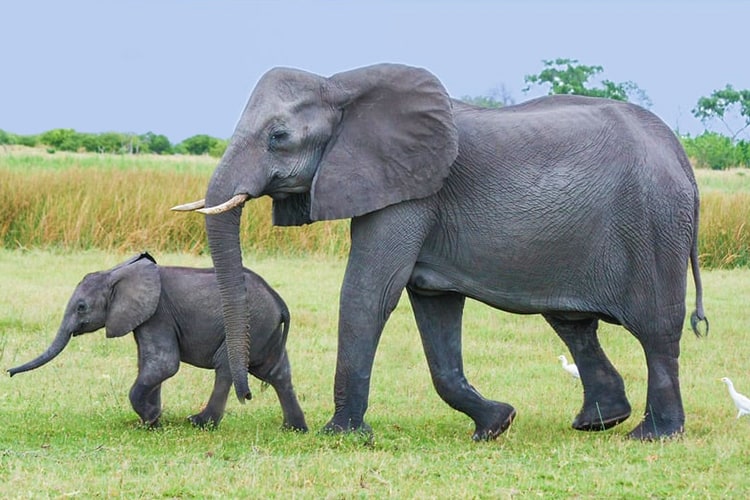What You Can Legally Do With Ivory

The sale of most ivory items is now prohibited in the United States by law. If you have inherited pieces of jewelry or luxury goods made with ivory or ivory components, you can donate them to the U.S. Fish & Wildlife Service (USFWS).
The USFWS Office of Law Enforcement’s National Wildlife Repository in Commerce City, Colorado, accepts donations of legally owned ivory products. This service is offered due to the demand from those who wish to safely and legally dispose of objects they currently own to help reduce the overall ivory market. The USFWS accepts donations of these products which are the legally owned personal property of the donor(s). This can include antique items, which can currently be sold with some restrictions, as well as those ivory items which are not antiques, but are now prohibited from commercial trade by state or federal law. The items donated are used primarily to educate the public about the ivory trade and animal conservation. The items are not returned to the commercial market.
Any ivory donations should be sent via USPS, UPS, Federal Express, or other appropriate method to the Repository at the following address:
U.S. Fish & Wildlife Service
National Wildlife Property Repository
6550 Gateway Road, Bldg. 128
Commerce City, CO 80022
Attn: Ivory Donations
Donations should be accompanied by a letter addressed to the Repository containing the following information:
- Description of the item(s) of legally-obtained ivory being donated;
- Name and address of the donor(s);
- A statement certifying that the donor(s) is/are the sole legal owner(s) of the property being donated and that by submitting such ivory to the repository they relinquish all rights to such property, without condition, to the FWS.
Please note that the Repository may not accept all wildlife items. All items are subject to review first with a Wildlife Repository Specialist. You can contact them directly for guidance at nwpr@fws.gov or (303) 287-2110.
The cost of shipping items to the Repository, as well as insuring the value of the items during shipping (if any) is the sole responsibility of the donor, and the USFWS will not value any such donated items. For more questions, please view the USFWS website here: https://www.fws.gov/program/national-wildlife-property-repository/what-we-do
JVC is a supporter of the World Trafficking Alliance, which works to end the poaching of elephants for their ivory. As a result of conservation efforts done by the World Trafficking Alliance, poaching rates have been slowly declining over the past few years across Africa. The annual poaching mortality rate has dropped from an estimated peak of over 10 percent in 2011 to approximately 5 percent today. However, that is still at a faster rate than they can reproduce.
International trade in the ivory of African elephants is prohibited under the Convention on International Trade in Endangered Species (CITES); the IUCN Red List classifies African savanna elephants as “Endangered” and African forest elephants as “Critically Endangered.” The IUCN Red List classifies Asian elephants as “Endangered” and they are listed in Appendix I of CITES.
Source: Jewelers Vigilance Committee